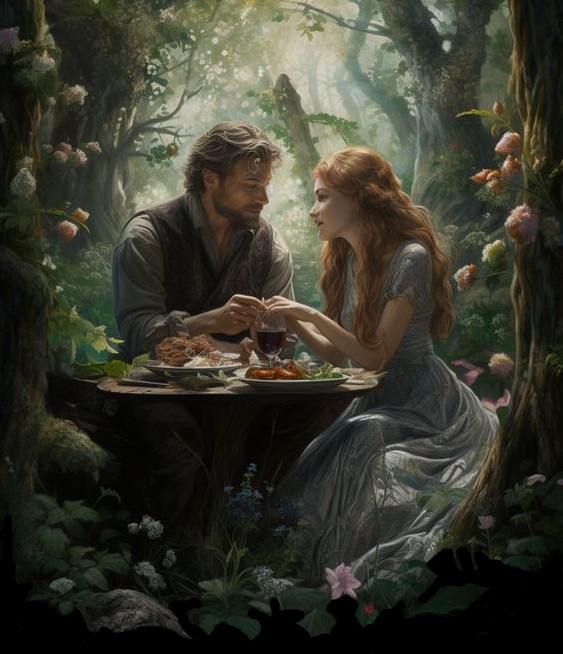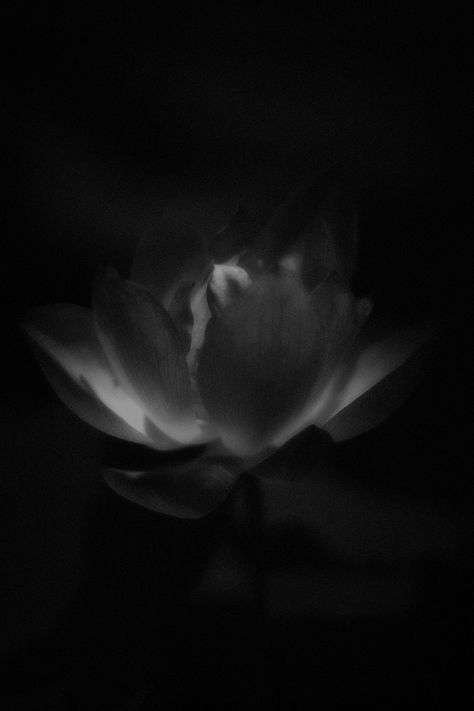Warning: The author has noted that this contains the highest level of sexual content.

kiss me one more time
as your open flower blooms
in my trembling hands —
while raging waves crash on rocks
and burst like a million stars
|
Author Notes
Tanka (means short poetry) originated 1300 years ago in Japan's Imperial Court where lovers exchanged tanka after a night together. Tanka evokes vivid imagery and reflection for the reader. They are free verse without meter or rhyme. They follow a 5 lines pattern of 5/7/5/7/7 (31) syllables or LESS because English syllables are different than Japanese syllables. The goal, as with most Japanese poetry, is to write as succinctly as possible. Tanka transitions from the descriptive top two lines into the reflective bottom three lines, using metaphor, simile, or personification. Modern Tanka rules are not as strict. The subject matter can vary, but most tanka are emotionally stirring or profound, and many are about love. Tanka is usually written in the first-person narrator's point of view. === click here if you want to read modern tanka examples === click here to read Tanka Society of America === click here if you want to read modern tanka rules
Thank you very much for your time and kind review.
Gypsy
"The poet waits quietly to paint the unsaid." --Atticus
|
|




